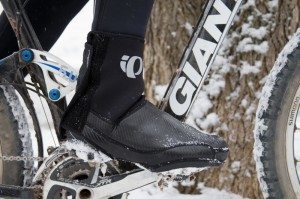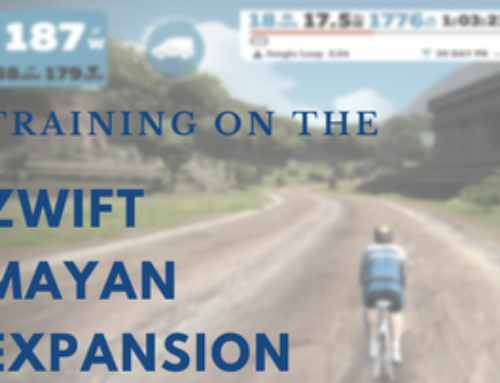[dc]W[/dc]ith a week to go until Thanksgiving, the northeast is still seeing temperatures in the 50s and 60s. This means the season is (for better or worse, depending on when you started your season) extended another few weeks. But with the shortened days and dropping temperatures comes an increased need to protect oneself from the cold. It's not quite as simple as throwing on a ski jacket when you walk the family pooch, and requires a few pieces of more specialized equipment.
 FIGHT THE COLD
FIGHT THE COLD
When the mercury starts to drop, a host of cold-related problems can rear their heads. Along with severe conditions like cold induced asthma and frostbite come other hazards that are less dangerous but no less serious. We're all familiar with the typical feeling of cold, the feeling of shivering and being generally miserable. But cold also has an effect on our body's physiology; blood is pulled away from extremities to warm the core. Additionally, the cold itself can compromise muscle function by decreasing peak contractile force and slowing the time to peak force generation. Huh? In layman's terms, this means there's not as much blood in your legs and the muscles contract weaker and slower, so keeping ourselves warm and comfortable is important to our performance (and our health.) To combat the cold and keep us safe and performing well, it's best to start thinking about layering up against the frigid climate.
More info on how to survive the chill after the jump:
LAYERING UP
Contrary to dressing for a walk through Rockefeller Center, dressing to ride outside requires layering. Instead of throwing on a single thick insulating layer, you'll want to utilize several thin layers of wind resistent material that will trap thin layers of air in between and keep you insulated. Wind protection is also extremely important, since the wind can reduce an otherwise tolerable temperature to dangerous levels. (It's important to keep in mind that in addition to nature's wind, we also create our own wind chill due to our forward momentum.) The other reason we want to use multiple layers instead of one thick insulating layer is that temperatures can change dramatically during the ride and we need to be able to adjust our clothing throughout the ride. The sun may come out, temperatures may rise, wind may kick up or die down, and the terrain may change from working hard on a climb to tucking in for a long descent. Above all, the goal of temperature management during your ride is not only to keep you from getting cold, but also to keep you from sweating (which can cool you excessively as it evaporates.) With all that in mind, let's look at strategies for dressing depending on the temperature:
55-60 DEGREES
Add a base layer and knee warmers to your standard kit. Consider thicker socks and full finger gloves.
50-55 DEGREES
In addition to above, add a wind vest over top of your jersey. Definitely go with thicker socks.
45-50 DEGREES
Time to swap knee warmers for full leg warmers, a long sleeved jersey instead of a regular one and full finger gloves. Consider adding toe covers to keep the wind off your toes.
40-45 DEGREES
Swap your leg warmers and shorts for tights or bib tights. Swap to a long sleeve base layer and add a thin hat or cycling cap.
35-40 DEGREES
Add shoe covers or dedicated winter shoes, a thick cap or even a balaclava. Swap to insulated winter gloves. Add a full sleeved jacket.
30-35 DEGREES
Swap for thermal tights and full on thermal socks. A long sleeved baselayer, jersey and jacket are a must. Consider keeping your vest on under the jacket.
20-30 DEGREES
Add another jersey (preferably thermal,) a sock liner or midlayer sock (or go with windproof socks from someone like Gore.)
BELOW 20 DEGREES
Add a psychiatrist (kidding, but this is going to be very cold), knee warmers under your thermal tights, or a baselayer pair of shorts.
SOME ADDITIONAL THINGS TO CONSIDER
Underarmor makes some very nice “cold gear” tights that can be used over top of shorts/leg warmers, and they make nice insulating layers up top as well for under a short sleeve jersey. Windproof gear will make the going much more pleasant by blocking that cold breeze while you're riding. Overall, the most important things to keep in mind are the need to be able to remove layers if you get too warm, and the need to keep your core warm. Removing layers is important because the last thing you want to do is start to sweat and then have the moisture cool you down and rob you of the body heat you're trying to conserve. On the flip side, if your core stays warm, you'll be comfortable and happy (since the work your legs do will produce their own heat.) While it may require more preparation and some special equipment, riding in cold weather will help to extend your outdoor riding season and keep the madness of trainer rides at bay for a few more weeks.





